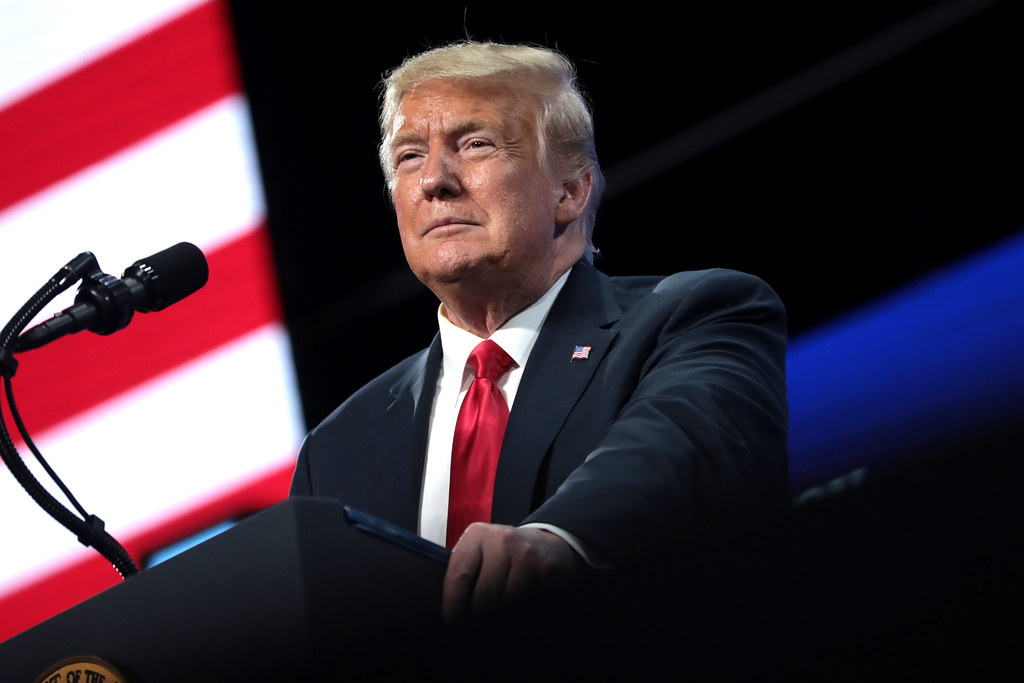The United States relies on China too much
August 31, 2015
A government relies on another country so much that when one has an economic depression, so does the other. Then the country thinks: maybe we should have been less reliant.
During the past week, the Chinese government has begun to bring itself back up from its recent economic depression. But we should not close our briefcases yet; there may well be some long-term effects of this recession that many overlook.
Since the beginning of this economic issue, the Chinese government has succeeded in slowly bring its economy back up and slowly returning its prices to normal. However, this crash shows the extremity to which the United States relies on the Chinese economy.
An example can be found in the Dow Jones industrial report, which fell more than one thousand points because of the brief economic collapse. If the Dow can fall more than one thousand points from a week-long panic, imagine the possible effects that an economic depression may have on the stock market.
During the Chinese market collapse, many countries relied more on domestic goods for profit than Chinese products as domestic goods became cheaper. While many countries’ economies suffered because of the crash, the Chinese government continued to overvalue its currency. For a brief moment, this overvaluing led for some domestic products to have a more competitive price than Chinese products.
This occurrence provides a reminder for the United States that it is possible for domestic products to compete with foreign goods.
According to the Observatory of Economic Complexity, China takes up as much as 22 percent of US imports. This reliance means that if China undergoes an economic depression, 22 percent of US imports will be deeply damaged.
The best way to counteract this issue it to place more taxes on imported products so that the prices of domestic goods and foreign goods will even out. This equalization will cause less of a reliance on China and a more independent economy.
In addition, the United States should spread its imports as evenly as possible throughout the other countries of the world. By having this spread of imports, the United States loses less every time a country has an economic depression or recession.
If this plan works, a country that faces an economic depression does not spread it to other countries.







